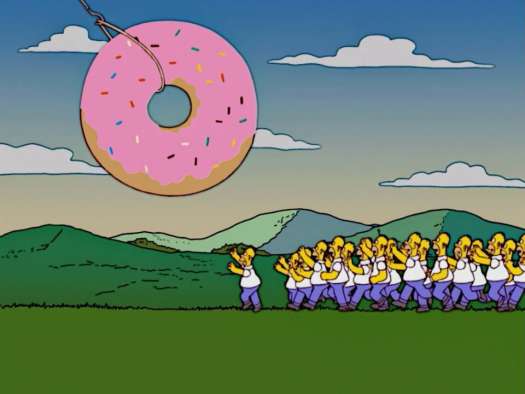Battlestar Galactica is the story of a lone battleship entrusted with the protection of a rag tag fleet of ships the last remnants of the Twelve Colonies of the human race now fleeing the civilization-destroying Cylons in a quest for planet Earth. This three-hour miniseries "re-imagining" of the original series takes place 40 years after a peace armistice was signed between the Twelve Colonies and the Cylons, now rebellious robots that have turned on their human masters, and who are also now capable of building "human" versions of themselves. Along with the change to the Cylon physiology, the biggest and most controversial change to Battlestar Galactica is sex appeal. While pilots Starbuck, Boomer and Jolly were male in the 1978 original, they're now attractive babes, and along with that change comes much more sex. The producers claim that like their use of hard weaponry, realistic space travel and documentary-style photography, the higher ratio of sex adds to the realism of the situation. Who's to argue? It's just a shame they had to tinker with two of the most memorable aspects of Battlestar Galactica: the terrifying tin can Cylons and the womanising rogue Starbuck. Still, the re-imagining is more action-packed, realistic and emotional than the original. The commentary by director Michael Rymer and executive producers David Eick and Ron Moore (also a writer) reveals a lot of information about the changes that were made and what they were attempting to do throughout the miniseries. It's interesting that 2001: A Space Odyssey, Black Hawk Down and Alien were all strong influences on the filming style, and that an hour was cut from the beginning that revealed a lot more of the personal interactions and relationships of the characters, some of which can be found in the deleted scenes. Unfortunately, the first half of the useless "making of" featurette is pre-broadcast hype, and the majority of information in the second half is mentioned in the commentary. (Universal)
Battlestar Galactica: The Miniseries
Michael Rymer

BY Thomas QuinlanPublished Dec 1, 2004



